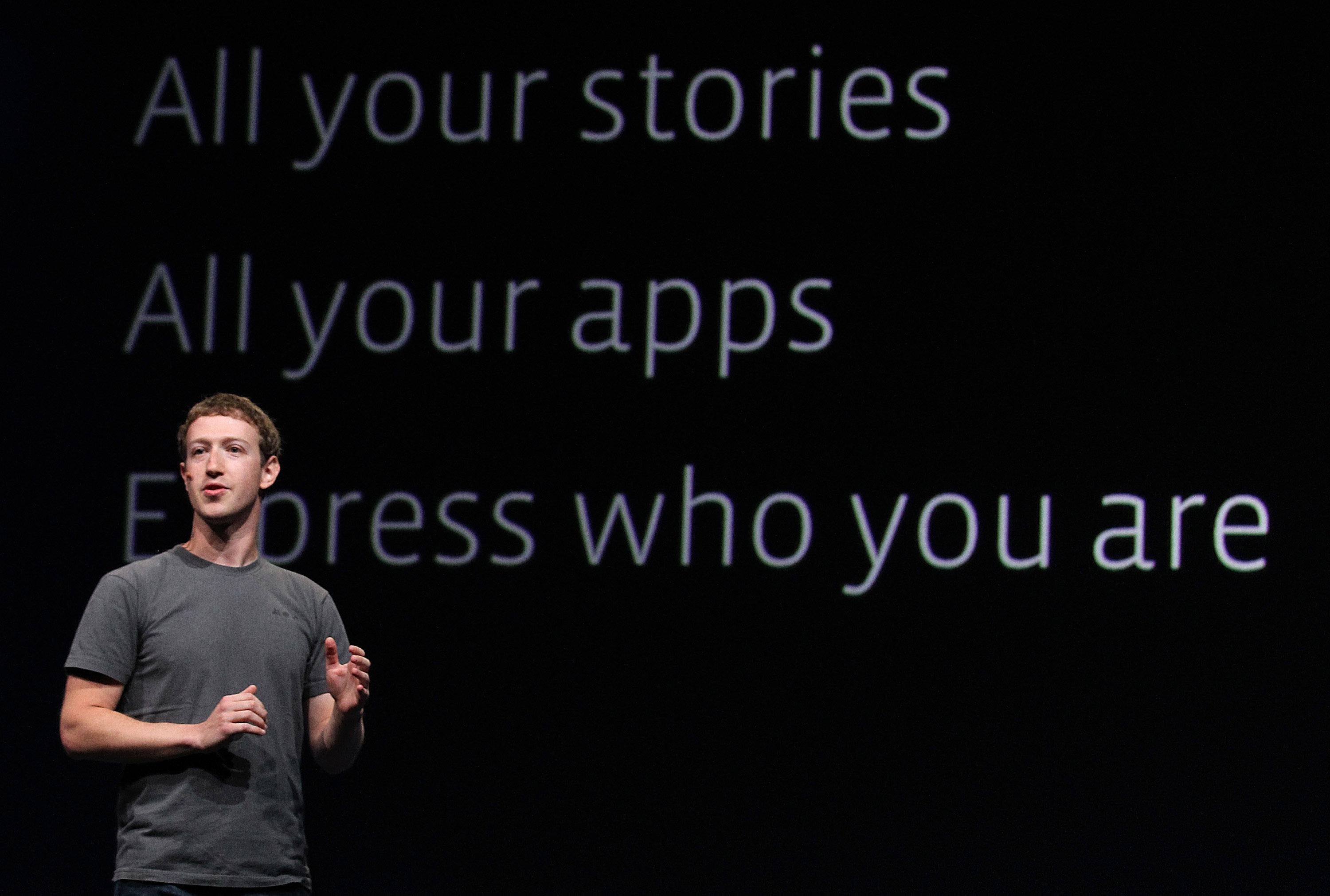My life is out of order, according to Facebook. People have been belly-aching about the site’s new Timeline feature: It will reveal everything about us! It will make it impossible for us to escape from our pasts! But having activated Timeline, I’m discovering that much is revealed by the negative space—the delays, the considered omissions. If Timeline is, as Mark Zuckerberg has put it, “an important next step to help tell the story of your life,” the finished product proves a rather incomplete story.
Timeline doesn’t reveal, for instance, when I got married. For reasons inexplicable to me but no doubt owing to some harebrained user error, I discovered wandering around Timeline that my wedding date was listed as 2007, rather than 2006. I changed it, but a casual user browsing through the timeline might very well conclude that my husband and I married in 2008, since that’s when we posted wedding photos—two full years after the event. What does this reveal? Not a lack of love but certainly a fundamental disorganization. And maybe, too, our sense that Facebook is, while a useful tool, far from the primary way we’d like to represent our lives. Our close friends know when we got married. They were there.
What’s not on Timeline? A lot. Anxiety. Late nights. A friend’s terrible illness. Post-partum depression. I look back at 2008, to take an example, and it doesn’t really seem like me. Timeline wants to be a scrapbook, but those photos and casual notes aren’t what I would choose to put behind plastic. I was happy, and unhappy, and I was traveling, and I certainly wasn’t out at parties nearly as much as I appeared to be. What’s shown is merely the top layer of a life.
I’ve written before about the conundrum of posting on Facebook, about how posting tidbits on your child, for instance, creates a warped impression of just how delightful parenting is, without any of the more mundane or frustrating aspects. We post photos of the Halloween costumes and the mustaches made of cupcake frosting. We don’t record the tantrums—and that’s as it should be. But we shouldn’t mistake that for reality. It’s stagecraft.
Which may be why, as my daughter gets older, I post fewer videos of her. Occasional photos are OK, but the videos seem somehow too revealing. She is more of a person now; her future face is developing; her personality is emerging, and one day she will look at my Timeline—no doubt, still permanently archived on the Web—and recognize herself. And I don’t want her to feel I’ve told too much of her story, or the wrong parts. I don’t want to impose this superficial version of her childhood over her own memories. The details are for her to tell, or not tell. She deserves to choose her own omissions.
